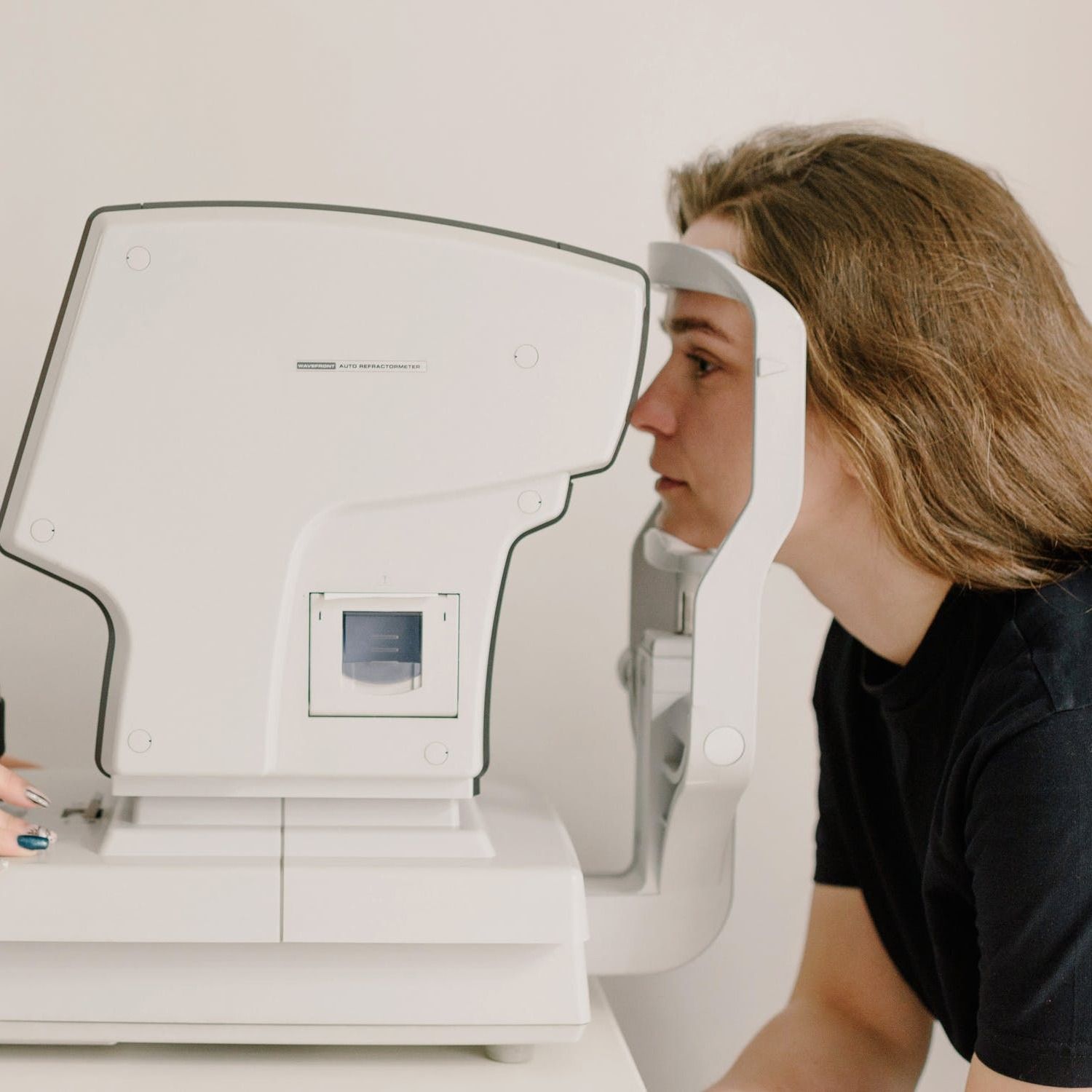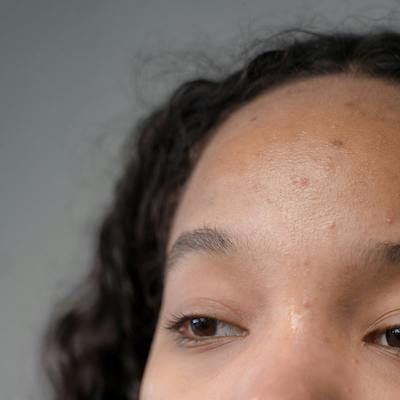Article
Psoriasis Associated with Increased Risk for Retinal Diseases
Author(s):
More research is needed to understand the pathogenesis underlying this association.

A new study from Taiwan found that patients with psoriasis are at increased risk for retinal diseases.
Led by Ying-Xiu Dai, MD, from Taipei Veterans General Hospital, the investigative team recruited participants from the National Health Insurance Research Database in Taiwan to better understand associations between psoriasis and retinal diseases.
“Psoriasis has been associated with various comorbidities, including cardiovascular disease, metabolic syndrome, inflammatory bowel disease, and psychiatric disorders,” Dai and colleagues wrote.
“Recent studies have shown that ophthalmic complications are estimated to occur in approximately 10% of psoriasis patients, and those with pustular psoriasis and psoriatic arthritis have the highest risk for these.”
However, the investigators noted the limited data on retinal risk for such patients.
The Study
Overall, the team evaluated a total of 11,729 patients and 117,290 controls. Each patient was matched with 10 controls selected from the Longitudinal Health Insurance Database (LHID).
Patients were matched for age, sex, monthly premium, residence, and comorbidities, which included hypertension, diabetes mellitus, hyperlipidemia, cerebrovascular disease, chronic kidney disease, chronic obstructive pulmonary disease, major depressive disorder, anxiety disorder, alcohol use disorder, tobacco use disorder, obesity, glaucoma, and uveitis.
As such, the primary outcome sought by the team was new-onset retinal diseases, as diagnosed at least 3 times by board-certified ophthalmologists. Any patients with a previous diagnosis of retinal diseases were excluded from the study.
The Results
Across the psoriasis population there was an incidence rate of 121.1 cases of retinal diseases per 100,000 person-years—compared to 28.34 cases per 100,000 person-years among the matched controls.
“Compared with controls, patients with psoriasis had an adjusted hazard ratio (aHR) of 3.40 (95% CI, 2.63–4.39) for retinal diseases after adjustment for potential confounders,” Dai and team reported.
“Regarding the individual retinal disease,” they continued, “psoriasis patients had a significantly higher risk of developing retinal detachment (aHR, 5.07; 95% CI, 2.92–8.79), retinal vascular occlusion (aHR, 3.75; 95% CI 2.42–5.82), and retinopathy (aHR, 2.84; 95% CI, 1.99–4.05) than controls.”
They also observed that the median age at diagnosis of retinal disease onset was 56.5 years in patients with psoriasis versus 60.9 years in controls (P = .0079).
Further, psoriasis patients without systemic therapy or phototherapy demonstrated high risk.
Risk for retinal diseases was notably high across age groups and sexes.
Conclusion
“In this study, we found that patients with psoriasis had a significantly higher risk of developing retinal diseases, including retinal detachment, retinal vascular occlusion, and retinopathy than controls,” the investigators wrote. “In addition, psoriasis patients had a younger age of onset for retinal diseases than those without psoriasis.”
Further research is needed to understand the pathogenesis underlying this association, they indicated.
“Dermatologists treating patients with psoriasis should be aware of these possible comorbidities and refer patients with ocular symptoms to ophthalmologists for further management,” Dai and team concluded.
The study, “Risk of retinal diseases in patients with psoriasis: A population- based cohort study in Taiwan,” was published online in The Journal of Dermatology.





